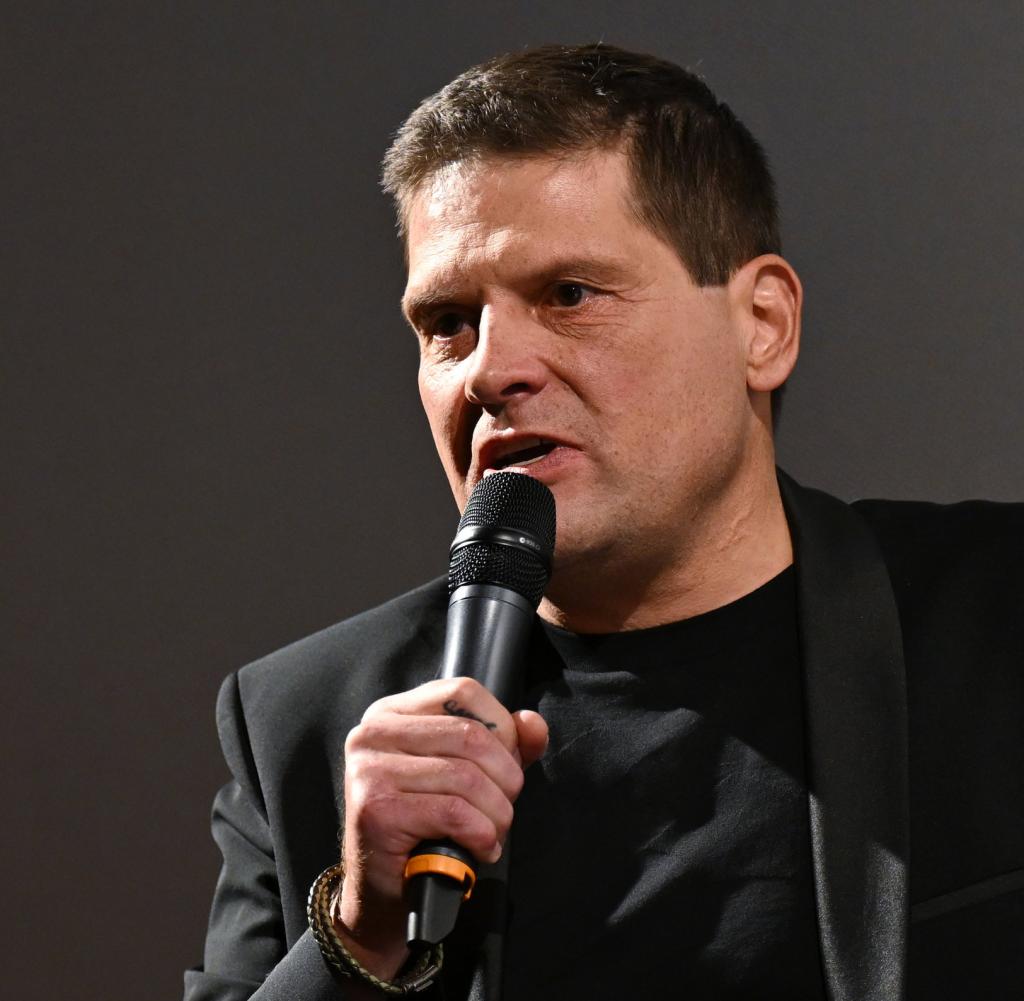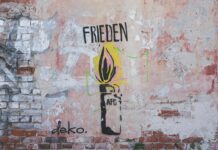Just over half a year after his doping confession, Jan Ullrich has given further insight into his eventful past. “Ultimately, I did cheat,” the former Tour de France winner explained on Saturday evening in the ZDF sports studio and admitted: “What we did was not right.” He was initially “naive” when it came to doping, said the now 50-year-old.
In his then Team Telekom, he was then “plausibly explained” that doping was “a widespread part of professional cycling”.
In November, the 1997 Tour de France champion admitted to doping after years of silence. Before that, he had repeatedly refused to admit to doping. The fallen former professional cyclist had also experienced some turbulence in his private life. He just wanted to suppress it, said Ullrich: “And nothing better came to mind than drugs and alcohol.” Today, all he can say is: “Hands off these substances!”
In the Sportstudio interview, Ullrich seemed to be in a good mood. “Looking back, I would have liked nothing more than if no one had doped,” he said. At the time, however, he saw things differently after he had been informed about the doping mechanisms in professional cycling: “From then on, you naturally think about it, from then on you naturally want the same weapons. You don’t want to go to the shooting with a knife, that’s just the way it is. You also want to continue to show your talent. I thought that was part of being a professional and went along with it.”
It never occurred to him to reject doping – because that would “probably have meant the end of his career”. Regarding the blood doping agent EPO, which was undetectable at the time, he said: “When I heard that it was being used across the board, I wanted to be involved, yes.”
A few days before the start of the 2006 Tour de France, Ullrich was excluded from his team T-Mobile in the wake of the scandal surrounding the Spanish doping doctor Eufemiano Fuentes. The suspicion: autologous blood doping. Ullrich’s name was on the Fuentes list. A confession? He didn’t make one at the time.
“I was in shock that day,” Ullrich said of his exclusion. “You believe yourself that you are not doing anything forbidden.” The competition acted in a similar way, he said, and he was in a bubble.
“I didn’t want to believe that I was being taken out, especially not by my team, because internally everyone knew about it.” He felt like an abandoned family member. But he didn’t want to betray the scene or himself. That’s why he came up with his famous sentence: “I didn’t cheat anyone.” He had this perception because many drivers had done the same thing. In retrospect, he sees it differently.
The constant doping allegations and the questions on the subject continued to weigh heavily on him in the years that followed. “It wore me down, it ate me up,” said Ullrich, referring to his numerous escapades. He had no plan for his life. Added to this was the long-awaited doping confession: “That was what ate away at my soul.” He lost everything, including his family.
Nevertheless, he does not see it as his task to specifically name the doping scene of that time. He can only speak for himself, said Ullrich: “I personally believe that the system can only be changed if the world association really sticks to it.” The world association knew what was going on at the time, “but it itself kept quiet.”




